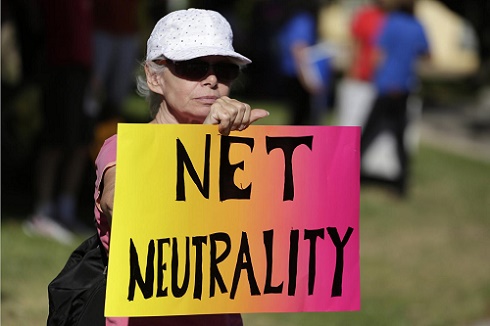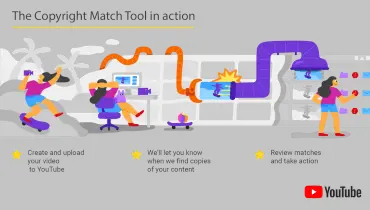Trump May Reverse Net Neutrality Rules, Entrepreneurs “Freaking Out
![[node:title]](/sites/default/files/styles/wide/public/Donald%2520Trump_Image%2520by%2520Gage%2520Skidmore.jpg?itok=jH1JAOAw)
President Donald Trump’s administration has signaled a new policy approach that could completely remake the U.S. Federal Communications Commission (FCC), and reverse “net neutrality rules” intended to help keep the playing field level for online entrepreneurs and businesses.
FCC’s net neutrality regulations
The landmark “net neutrality” rules were established during the Obama administration back in early 2015. The rules classified the internet as a public utility and sought to impose restrictions on internet service providers (ISPs) to prevent them from throttling and discriminating against certain types of content like streaming.
The rules were also designed to prevent ISPs from engaging in what some see as unfair business arrangements in which companies pay the ISPs a premium to have their traffic prioritized.
Under the presidency of Barack Obama and leadership of former FCC chairman Tom Wheeler, the federal agency took bold steps to ensure an open and free internet. The FCC required service providers to treat all internet data equally regardless of the source, and without favoring or blocking particular products or websites.
However, with a new administration taking over the White House, things appear poised to change. The incoming FCC chairman, Ajit Pai, who is a former Verizon lawyer, said he plans to reverse many of the agency’s “Open Internet Order” policies established during the Obama era.
The possibility of the hard-won net neutrality protections going away is causing many internet users, entrepreneurs and businesses to “freak out.”
Dismantling net neutrality

A pro-net neutrality internet activist attends a rally in Los Angeles, California, July 2014.
Dismantling net neutrality has been a longstanding priority for Republicans, and the incoming FCC chairman. Whereas Wheeler sought to restrict cable mergers and protect consumer privacy, Pai has suggested he will be more deferential to corporations in both cases.
In a letter in December, Pai wrote that he would “revisit ... the Title II Net Neutrality proceeding ... as soon as possible.” He also talked about the need to remove burdensome regulations in a speech delivered after Trump's electoral victory the same month.
"The regulatory underbrush at the FCC is thick,” Pai, 44, said. “We need to fire up the weed whacker and remove those rules that are holding back investment, innovation and job creation.”
What happens if net neutrality goes away?
Ellie Wheeler, a partner at venture capital firm Greycroft Partners, explained to CNBC that venture-capitalists are worried that start-ups won’t be treated equally or fairly without net neutrality rules.
“I think why people are freaking out is because what we all hope for—those of us that invest in technology—is for the same opportunity for the next Google and the next Netflix,” Wheeler said. “So that in the next 20 years, all of those companies that are upstarts have the same access, and the same ability to reach the end users.”
President Trump has said very little about his views on net neutrality, but his nomination of Pai who has been an FCC commissioner since 2012 suggests that he is on board with eliminating the regulations.
If Trump’s administration rolls back net neutrality rules, we’ll likely see new business models and video streaming products from the big ISPs like Comcast and Verizon. Upstart content providers, digital entrepreneurs and anyone trying to build things on the internet could struggle to compete.
See Also: 16 Empowering Thoughts to Help Us Stand Strong, Get Through Trying Times




















